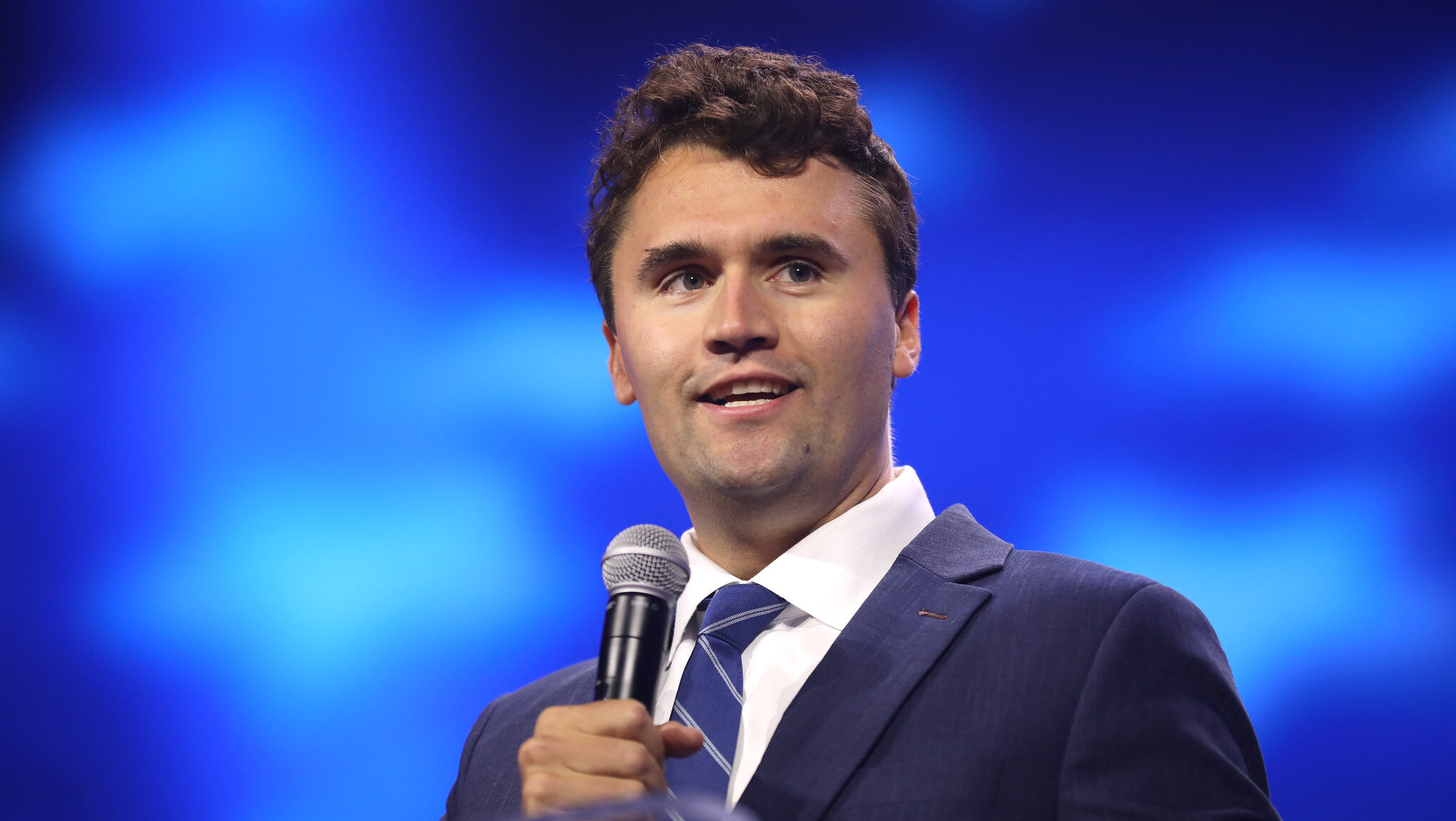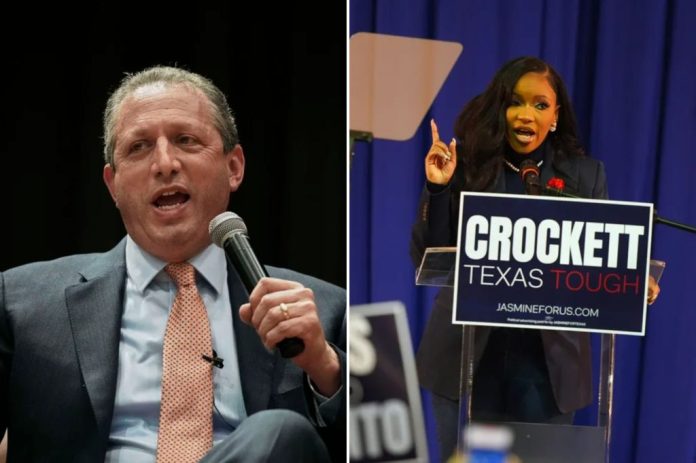Carter’s death unlikely to usher in moment of national unity
The passing of former President Jimmy Carter is not expected to bring a lasting sense of national unity, according to political analysts. Despite the common expectation that a presidentS death might momentarily unite the country,the current polarized political climate suggests or else. Experts, including Northeastern University political science professor Costas Panagopoulos, argue that Americans will view Carter’s legacy through partisan lenses, limiting any potential for shared mourning.
Some commentators, like Ronald Reagan biographer Craig Shirley, emphasize that the United States has historically struggled to find unity, except during rare moments such as after Pearl Harbor or 9/11. Even in the wake of Carter’s death, discussions around his presidency are likely to reflect ongoing partisan divisions, especially given the current political context under President Biden, which bears resemblance to Carter’s presidency in terms of economic challenges.
Trump’s acknowledgment of Carter’s contributions includes a recognition of the difficulties he faced, even though Trump has criticized Carter’s policies. The legacy of Carter, known for his post-presidential humanitarian work, is complicated by his previous presidency marked by economic issues and political opposition. Critics of Carter continue to leverage his presidency as a political foil against current leaders, particularly Biden, drawing parallels between their challenges.
while Carter’s humanitarian efforts post-presidency might evoke some positive reflections, opinions about his time in office remain deeply divided, perhaps intensifying with his passing.
Jimmy Carter’s death unlikely to usher in moment of national unity
The death of former President Jimmy Carter is unlikely to provide a lengthy reprieve from political rancor as the public reflects on his record and supporters of President-elect Donald Trump note that President Joe Biden‘s order for flags to be flown at half-staff has resulted in them being lowered during Trump’s inauguration.
While some might expect a president’s death to unite the country, the public is too polarized to put partisanship aside and grieve together for long, according to Northeastern University political science professor Costas Panagopoulos.
“Recollections of the Carter presidency will be perceived and processed through partisan lenses, and, even if his passing brings Americans together for a brief moment, the unity is unlikely to last long,” Panagopoulos told the Washington Examiner.
Ronald Reagan biographer Craig Shirley went further, contending that the country “has never been united,” even during the Revolutionary War, except for after the attack on Pearl Harbor on Dec. 7, 1941, and the terrorist attacks on Sept. 11, 2001.
“We’ve never been united as a country, and so the fact that we’re divided over flags at half-staff for Jimmy Carter and interrupting the Trump inaugural is to be expected,” Shirley told the Washington Examiner. “People are going to find something to complain about.”
Trump, who has criticized Carter’s economic and foreign policies, did acknowledge the “challenges” Carter encountered as president “came at a pivotal time for our country and he did everything in his power to improve the lives of all Americans.”
“While I strongly disagreed with him philosophically and politically, I also realized that he truly loved and respected our Country, and all it stands for,” Trump wrote on Truth Social. “He was a truly good man and, of course, will be greatly missed. He was also very consequential, far more than most Presidents, after he left the Oval Office.”
Regardless of Trump’s statement, critics of Carter, who for years have used Carter as a political cudgel against Biden given their similar presidential challenges of inflation and the Middle East, even before Biden also became a one-term president, have underscored Carter’s own criticism of incumbent commanders in chief.
For example, Carter brokered a postpresidency peace deal with North Korean dictator Kim Il Sung at former President Bill Clinton‘s direction but announced it on CNN without his approval to pressure him into accepting the terms. In addition, Carter wrote a book on the Middle East conflict called Palestine: Peace Not Apartheid, in which he argued that Israel‘s “apartheid” was worse than that of South Africa.
“He was a terrible president,” Republican strategist Scott Jennings said on CNN. “That’s why he lost in a landslide after his one term. And if it’s possible, I think he was even a worse ex-president because of his meddling in U.S. foreign policy, because of his saddling up to dictators around the world, because of his vehement views, anti-Israel views. He was a guy who had a huge ego and believed that he was uniquely positioned to do all these things, even after the American people had roundly and soundly rejected his leadership.”
Carter lost the Electoral College in his reelection campaign against Reagan in 1980, 489 votes to 49.
Panagopoulos said opinions of Carter are poised to become more polarized along partisan lines than they were when he was in office, despite a postpresidency dedicated to “faith, humanitarian efforts, and continued public service” through the Carter Center and Habitat for Humanity, for which he won the Nobel Peace Prize in 2002.
“Many Americans will be unable to see past the party label attached to his name,” he said.
That trend is at odds with recent presidents who have become more popular during their postpresidencies, for instance, George W. Bush and Trump, but can be partly explained because of Carter’s connection to issues, including inflation. Under Biden, inflation peaked in June 2022 when consumer prices were 9.1% higher than the year before, according to the Bureau of Labor Statistics. Under Carter, the annualized inflation rate peaked at 14.6% in March and April 1980.
“Today is Jimmy Carter’s 100th birthday,” House Speaker Mike Johnson spokesman Bobby LaValley wrote in an email to reporters in October. “Both Carter and Biden have presided over struggling economies, high inflation, and major foreign policy failures. Does the Biden administration acknowledge concerns that history is repeating itself under their leadership?”
“Plummeting confidence in the economy, the most unpopular president in modern history, soaring inflation, and a looming recession,” then-Republican National Committee spokesman Tommy Pigott added in a separate email in July 2022. “If you aren’t having Jimmy Carter déjà vu, you should be.”
To that end, Biden’s approval rating never reached the depth of Carter’s lowest average approval of 29%, which Carter recorded on day 894 of his presidency amid rising inflation, interest, and unemployment rates and an energy crisis, according to FiveThirtyEight. Biden’s lowest average approval was 36.9% this summer, shortly after his debate against Trump, which preceded him stepping down as the 2024 Democratic nominee, according to the same polling aggregator.
Biden was also criticized last weekend when he proclaimed Jan. 9, 2025, a National Day of Mourning for Carter, ordering the U.S. flag to be flown at half-staff at the White House, federal buildings and grounds, and military posts and naval stations for the next 30 days, in accordance with the U.S. Flag Code.
“Joe Biden has declared January 9th, 2025 to be a National Day of Mourning for the passing of President Jimmy Carter,” conservative activist Laura Loomer wrote on X. “He also ordered the U.S. flag to be flown at half staff for 30 days, which means it will be at half staff during the Inauguration of President Trump.”
But despite Biden’s proclamation being in accordance with tradition and the law, Democrats have spun that development into one last act to undermine Trump as they mourn the start of his presidency.
“Jimmy Carter left one last parting gift for Trump after his death,” Democratic strategist Jon Cooper wrote on X.
Shirley discouraged comparisons between Carter and Biden, particularly regarding the prospect of Biden improving his popularity after his presidency.
“Both pursued the same policies and both failed, and both will go down in history as lousy presidents, but Carter, in his defense, was an honest man,” Shirley said. “Nobody ever accused Jimmy Carter of graft, or malfeasance, or theft, or enriching his family, anything like.”
" Conservative News Daily does not always share or support the views and opinions expressed here; they are just those of the writer."




